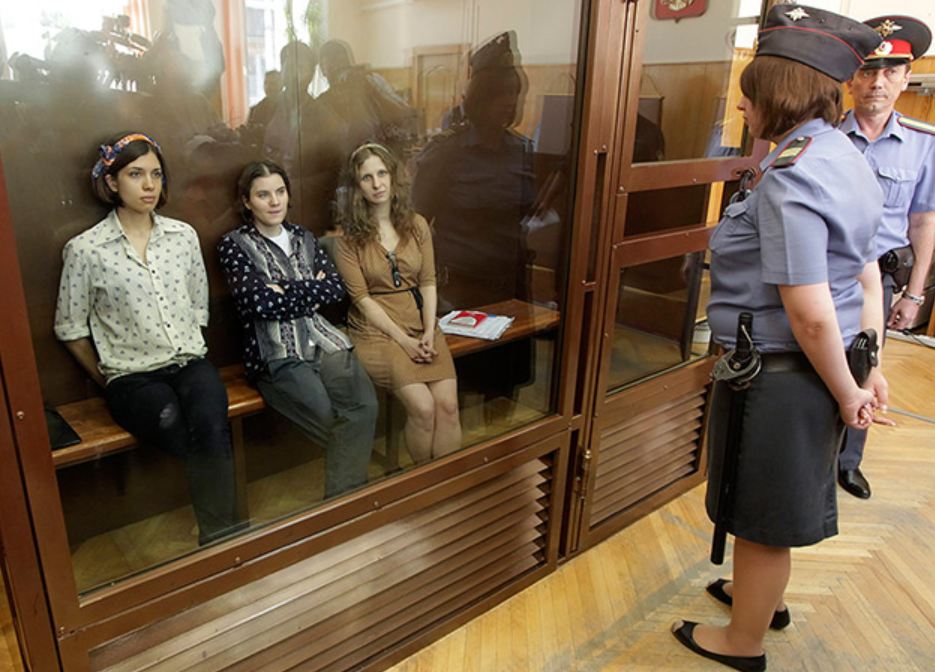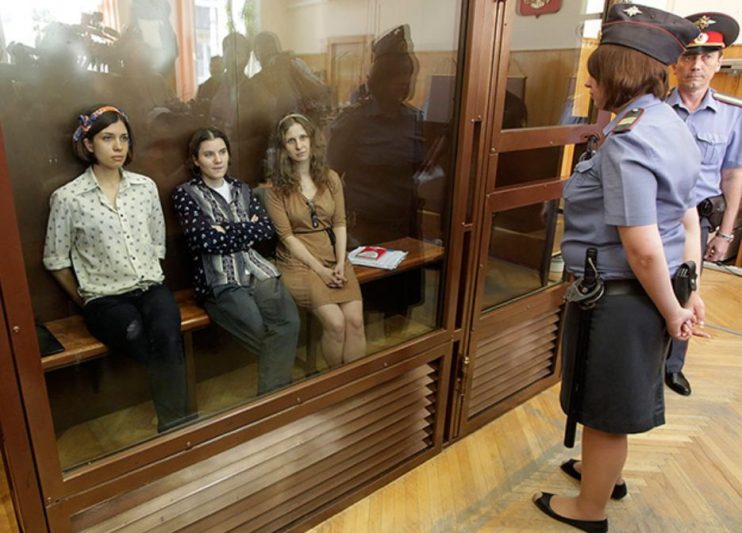Published: 11 December
Region: Worldwide
 Non-governmental organisation Article 19 has proposed a set of recommendations to be used for interpreting and implementing the international obligations which prohibit all advocacy that constitutes incitement to discrimination, hostility or violence.
Non-governmental organisation Article 19 has proposed a set of recommendations to be used for interpreting and implementing the international obligations which prohibit all advocacy that constitutes incitement to discrimination, hostility or violence.

The interpretation and implementation of these and other related provisions are the subject of a great deal of confusion, globally as well as nationally, concludes the organisation Article 19.
The question many of the people get confused with is when does speaking freely become incitement to hatred? When should a state act to restrict speech?
Agnes Callamard from Article 19 says that governments struggle to find a way to protect freedom of expression but prevent incitement.
“Far too often, overly broad and vague interpretations of incitement have been used to stifle legitimate free speech. At the same time many states are unable to adequately deal with forms of expression that lead to violence, or that undermine the right to equality. We have worked hard to develop a practical way to support states navigate these difficult issues” she added.
International law protects freedom of speech and requires the prohibition of expression that incites discrimination, hostility or violence (incitement to hatred).
A clearer approach is needed for states on how to address incitement to hatred in domestic laws, and how to practically assess individual cases. Therefore Article 19 has proposed a set of recommendations on how states should interpret their respective obligations.
The Article 19’s guidelines propose a six part test to assess potential cases of incitement too.
This test focuses on:
- the context
- the speaker, including his her standing in society
- intention of the speaker
- content of the expression
- extent and magnitude of the expression
- likelihood, including imminence, of the advocated action occurring
Article 19 also recommends that a full range of civil and administrative measures and sanctions be considered. Only in the most severe cases should states impose criminal sanctions.
Examples
In its detailed argumentation why the Article 19’s test is needed, this non-governmental organisation based in London gives the examples of Russia, Kenya and Bolivia.
In Russia three members of the Russian punk band Pussy Riot were jailed in August 2012 after an impromptu performance in the Cathedral of Christ the Saviour, a Russian orthodox church in Moscow. The women bowed down on the altar before they started singing a song praying to the Virgin Mary to drive Russia’s President Putin away. Cathedral security guards ended the performance 40 seconds after it began.
In August 2012, Khamovnichesky District Court in Moscow found them guilty of ‘hooliganism motivated by religious hatred.”
Although it is also possible that the Orthodox Church and some Christians might have been offended by the actions of Pussy Riot, it does not amount to incitement to hatred prohibited by international law. The correct application of the Article 19 standard, as this organisations claims, would reveal that this action failed the six part test.
Article 19 has witnessed confusion in Kenya about how to treat a number of recent cases. A series of attempts have been made to restrict legitimate reporting by the media through the inappropriate use of various laws that deal with incitement.
For example, Deputy Prime Minister Uhuru Kenyatta issued legal proceedings against the Star Newspaper in 2012 for publishing photographs and comments which appeared to link him to a business man alleged to have committed murder. Kenyatta claimed that pictures showing him with Joseph Njoroge Thuo were an attempt to incite hatred against him. Article 19 found the publication of these photographs was not to incite hatred either, expressly or implicitly, and exposing any links between Kenyatta and Thuo are a matter of public interest.
Two newspapers and a news agency in Bolivia were accused of inciting racism and discrimination by the Bolivian authorities last year, for their reports about a speech by President Evo Morales. Remarks made during the speech sparked protests in parts of the country.
It was claimed that the Agencia de Noticias Fides news agency and the local dailies Página Siete and El Diariopresented a distorted view of the speech and that they sought to stir up tensions between the politically and ethnically divided east and west of the country.
Article 19 found this to be an illegitimate attempt to restrict freedom of expression. The reporting of the three media outlets did not constitute incitement to hatred, concludes the non-governmental organisation Article 19. Accusations of incitement to racism and incitement to discrimination were used politically to censor the free press, reports the Article 19.
To read the complete guidelines of Article 19, please click here
